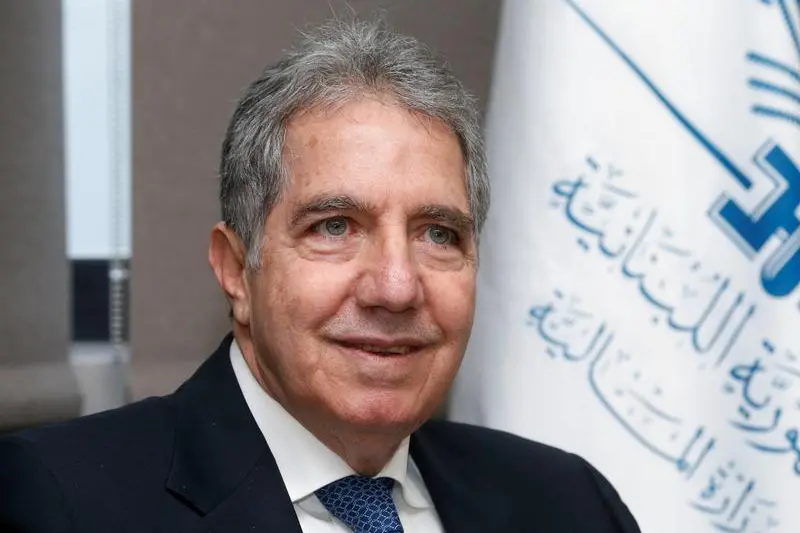PHOTO
BEIRUT - Lebanon's caretaker finance minister said on Thursday that central bank foreign currency reserves currently stand at $17.9 billion and that there are discussions about reducing subsidy spending as critically low reserves dwindle.
Ghazi Wazni said in an interview with local broadcaster LBCI that he supported gradually rationalising spending on subsidies until a new government is formed that enacts long-demanded reforms to unlock foreign financial assistance.
Lebanon is grappling with a deep economic and financial crisis that has hammered the currency, spread poverty and prompted a sovereign debt default.
An official source had told Reuters that only $800 million in foreign currency reserves were available for subsidising key imports such as fuel, wheat and medicine until the end of 2020.
The source said the central bank governor and government ministers were looking at options to continue subsidising vital imports in 2021, including lowering the threshold for obligatory foreign exchange reserves from 15% to some 12%.
Wazni said among options being discussed with the central bank governor was reducing spending on subsidies in "a studied and gradual manner" that does not impact those most in need.
Asked if he supported further depleting reserves to support subsidies, he said: "I am against that. I have always been against that and believe subsidies should be targeted and rationalised."
Reducing subsidies risks fuelling public anger in a nation that was convulsed by protests as the financial crisis came to a head in October 2019.
As dollar inflows have dried up, the central bank has provided foreign currency for fuel, wheat and medicine imports at an official peg of 1,507.5 Lebanese pounds to the dollar, well below the street rate that is currently above 8,000.
Wazni said the formation of a new government was direly needed to address the deepening crisis. He said unemployment in Lebanon had reached more than 40%.
There has been no progress in talks to form a new cabinet after the current one resigned in the aftermath of a massive explosion at a Beirut port.
(Reporting by Ghaida Ghantous, Editing by Rosalba O'Brien and Andrea Ricci) ((ghaida.ghantous@thomsonreuters.com;))





















